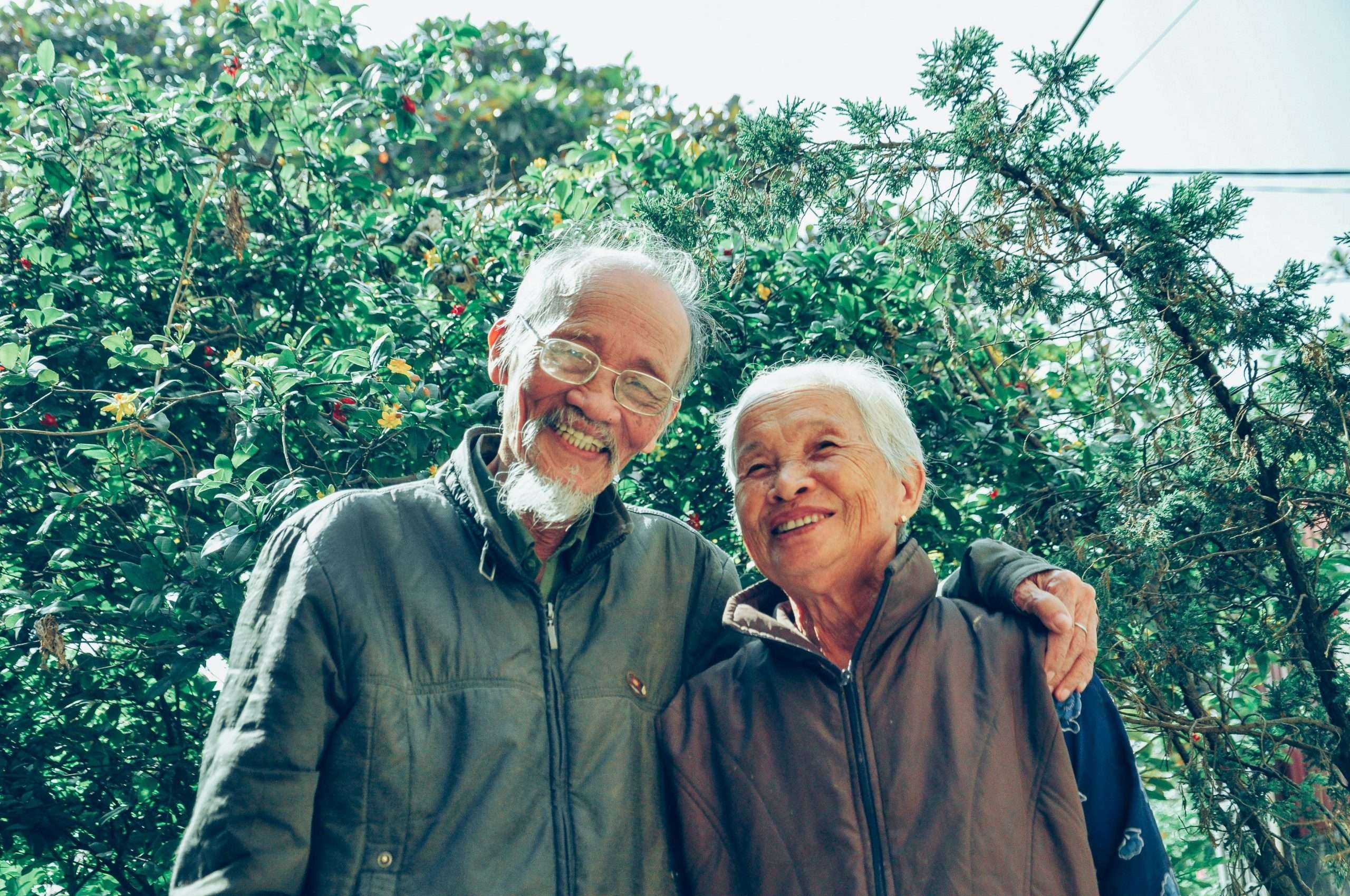on
BY STEVEN KASZAB
“Middle aged is when you go to bed at night and hope you feel better in the morning. Old age is when you go to bed and hope you’ll wake up in the morning.” (G.Marx)
Just spoke to a representative of a senior living home in my region, a lovely lady who’s been in the business for over two decades. She was both frank and unhesitant when answering my questions regarding my aged mother and a possible visit to their facility.
The smallest suite available is a large hotel room, with: three food events, social activities and usual medical included. Everything else was extra, namely: special attention needed, medical assistance, travel, special food needs. Looking at $3,988.00 a month with 3.5-5% annual increase (during the pandemic it was 6%). Prices escalate up to $8,500.00 a month.
If you consider just how expensive that is for the average person, with limited retirement funds one suspects the average resident staying at that, or most retirement – senior living spaces would be limited. This particular facility’s average stay for a resident is 4-5 years. Once the residents’ savings evaporate, where can they go? What can they do?
I guess they rely upon specialized agencies and the government for assistance. This of course will demand a great deal of patience as waiting times are years away unless you’re willing to travel to a living center hundreds of miles away from your family and friends. The average working or middle class family cannot afford such treatment by both the private sector and the government.
The above-mentioned representative said it all, saying honestly that most potential residents and retirees simply did not plan their financial future well. See, it’s your fault reader, and certainly one must admit that it is, but both the private and governmental authorities did not make saving a priority, did they? Right now, costs are very high, while interest rates on your savings are very low indeed. Groceries, housing, medical, and personal costs are draining your monthly income to a point where one must admit to oneself, asking the question “Did and do the private and government sector give a damn about the average citizen, those who built and maintained this nation’s economy and substructure?
Personal responsibility cannot be forgotten here. We save only what we wish to save or can save monthly. Seems like the sacrifices our parents made to allow us to go to good schools, earn a degree, dress well, get our teeth fixed, and drive to summer vacations are not the sacrifices many of us are willing to make. Instant gratification, multiple cars, vacations, the best electrical devices and branded products seem all the rage these past few decades, and the debt has accumulated to a point of no return for some of us. We wanted to retire on an island of our own, but now we would be happy with an apartment, or bed in a facility.
Expectations must change for us. Living with family members seems unexpectedly acceptable as we count our coins, realizing the limited funds we will receive monthly from the government and our savings is actually really low. Can we survive on the real amounts of cash we will receive?
Ask yourself folks, can you live on the savings and governmental assistance that will be available to you once you are retired? Simply put, you can only work for so long, and many businesses simply cannot, or will not hire you, whether you’re walking with a cane, need to go to the doctors weekly, are ill sighted, lack perfect hearing, or simply are just too grumpy.
Getting old sucks! The promises and story lines given us when the insurance firms came to us saying their aged 55-60 retirement plans will give us the freedom, we dream of no longer wanting to talk to us, or simply respond. Politicians listen, shake our hands as someone takes a photo, no answers, no action or response to our needs. We are on our own! Floundering about looking for funds and help that simply is not there. If you’re lucky enough to have a home there is the CHIP mortgage, but what happens when your credit runs out?
Our leaders speak about “the housing revolution,” building homes for the young with a future and much to give to this nation. What about those who built the nation? What about those in need, working out ways to use a medical health system that is broken, a wasteland of housing starts for the elderly and dealing with past promises of a better future for us. Groucho Marx once said, “The greatest hearing aid anyone can have been an attentive wife,” but what if you’re all alone? The past political establishment has left all to the public and the private sector regarding senior living and retirement. Big mistake. The cost of living and living in good times both have drained the financial pocketbooks of the public. When you live in good times you spend. When things are difficult you realize just how screwed you maybe! We are well off compared to those living in poverty but will soon be aware of our own financial insecurity.
What can the Government do with our approval? Enact a law that requires all citizens to pay 4-5% of their annual income into a fund, managed by the government with the stipulation that these funds must make over 6%+ interest each year. Those who reach retirement age can draw upon this fund, which will be multiplied by 1.25 times depending on time they were invested. It will not be voluntary but required by law. Forced savings; a new but needed concept. We have seen that our neighbors are unable to care for their retirement, therefore it needs to be legislated and enacted.
Adults can be overspending, immature, greedy uncontrollable individuals who fail to look to the future and their up-and-coming retirement. Maybe the government has become its citizens advisors, managers and parents too. Ultimately the empathetic government ends up paying the piper for their citizens’ inaction.
Certainly, the aged have earned the right to live the remainder of their lives free from financial worries, but that is what our society is based upon is it not; making money for the few, paid for by the many. A senior’s revolution”is truly needed, where the right to live or die is treated equally by society, and elderly seniors are respected for their achievements in building our nation.
Stay in the loop with exclusive news, stories, and insights—delivered straight to your inbox. No fluff, just real content that matters. Sign up today!













